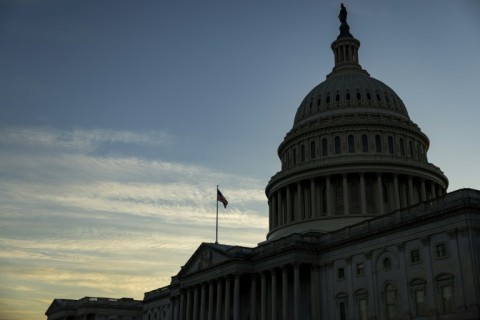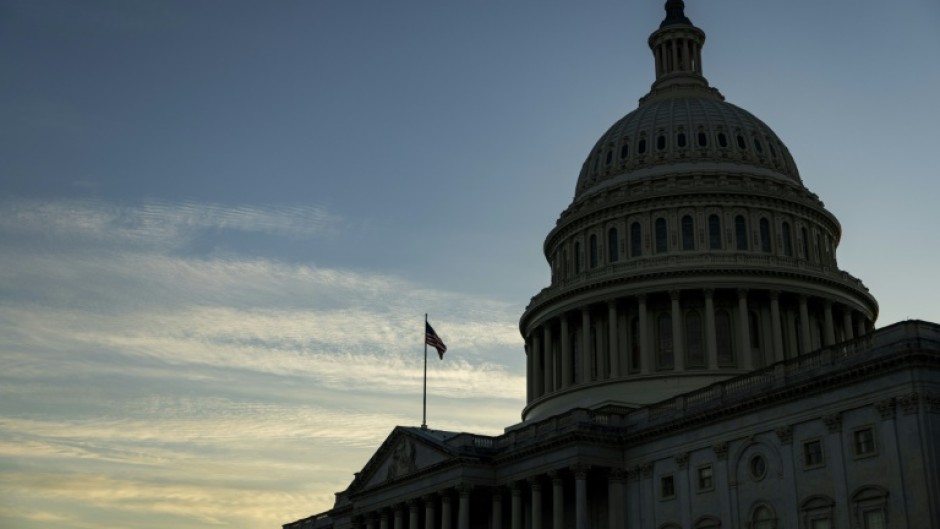
HONG KONG - Asian and European stock markets slumped Wednesday as investors grew increasingly concerned about stalled US debt ceiling talks aimed at averting a painful default.
The dollar traded mixed against major rivals awaiting minutes of the Federal Reserve's last monetary policy meeting when the US central bank again hiked interest rates to fight elevated inflation.
Oil prices won support from recent Saudi hints that output could be cut to lift prices.
On equity markets, optimism that flowed through trading floors at the start of the week has given way to trepidation, with several Republicans questioning a June deadline over the debt ceiling -- and some saying the country is nowhere near running out of cash.
All eyes are now on Washington, where President Joe Biden and House Speaker Kevin McCarthy have had a number of meetings to find a path to lifting the borrowing limit from the current $31.8 trillion.
The "sell-off across global markets is driven by concerns about the looming US debt ceiling deadline after Wall Street closed in the red", noted Victoria Scholar, head of investment at Interactive Investor.
Republicans have set cutting spending next year to 2022 levels as a "red line", but Democrats have so far refused to commit to that.
Treasury Secretary Janet Yellen has said an agreement must be reached by June 1 otherwise the United States risks defaulting on its debt repayments, which most economists warn could spark turmoil in the global economy and markets.
"Beyond economics, the debt limit debate highlights the political polarisation that persists in the US, and casts a cloud over the political process in Washington," said SPI Asset Management's Stephen Innes.
"The repeated brinkmanship could catch the eye of the rating agencies once again" after S&P downgraded the US credit rating during a similar standoff in 2011.
He added that back then, "the underlying issue was the worsening political polarisation, and it's hard to argue that the process has done anything other than continue to worsen since 2011."
Inflation matters also remained in the spotlight.
Falling US inflation and worries about the banking sector have fanned bets that the Fed would pause its rate-hike drive.
But recent data pointing to a still-strong US jobs market, as well as comments from top officials, have traders worried another increase is on its way.
Economists Wednesday said they expected the Bank of England to raise its key interest rate at least one more time after data showed UK inflation cooling slower than expected by markets.

